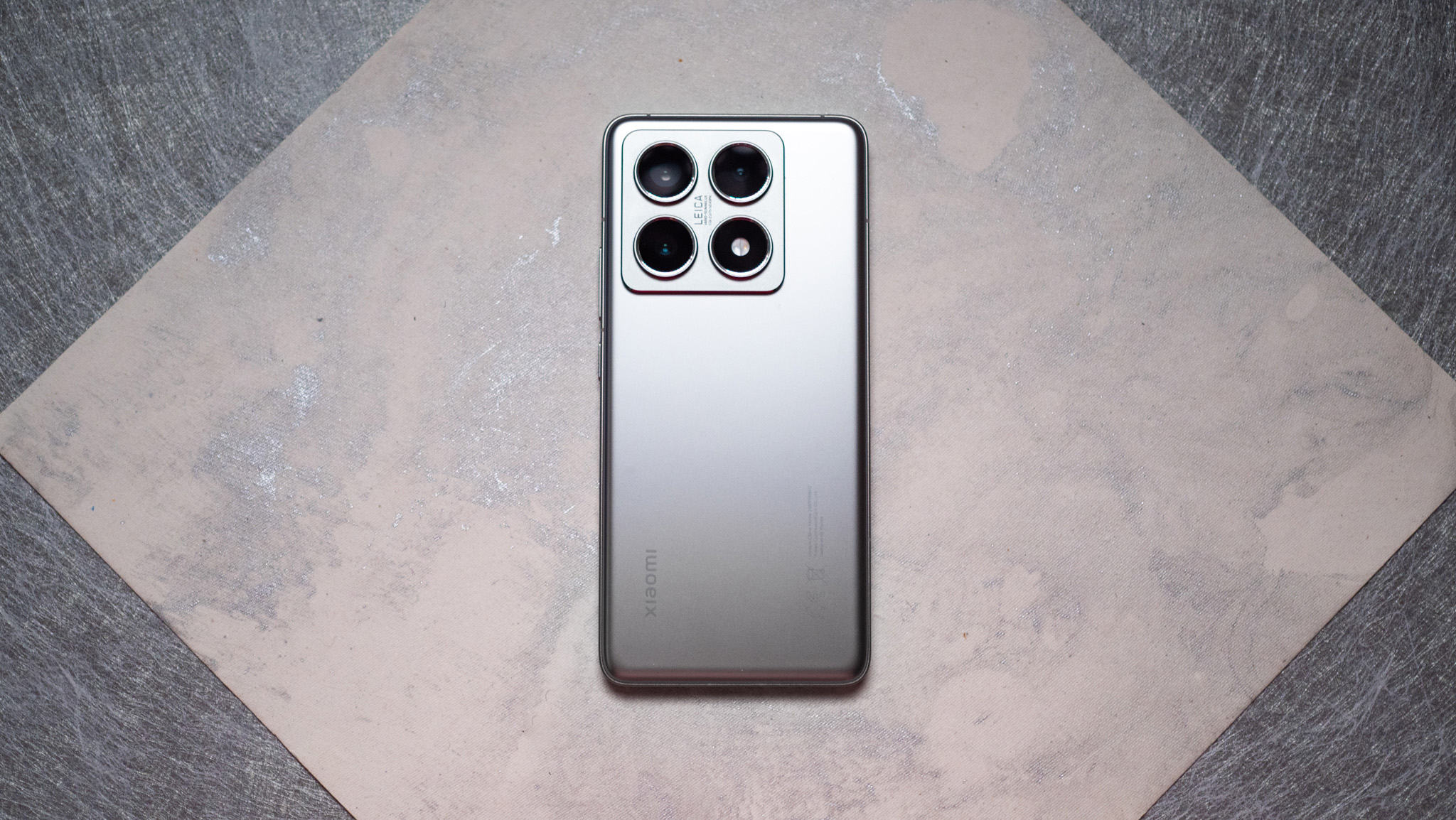Xiaomi making its own chip is the right move. Here's why.

Xiaomi is one of the biggest makers of consumer electronics in the world, even though there is a good chance you haven't used any of its products. The company makes some of the best smartphones, which you've probably never used, and ships its products worldwide. We give Xiaomi pretty high marks when it comes to features, cameras, and performance.
The latest rumor says that the company is about to start making its own chips, which is a great idea. It would allow the company to make chips that do what it needs to do better than an off-the-shelf solution ever could. It's what we see from Apple and Google, and it works very well.
There's one more reason why Xiaomi can go its own way here: it doesn't rely on North American carriers to sell its phones so it doesn't have to build phones that use a chip and a network that were designed to only work best when paired with each other. The bulk of the company's sales are in Asia where things are a bit more general when it comes to network tech and customizations. Building its own chip is a win all around.
Welcome to Qualcomm country

Qualcomm is an industry leader when it comes to making chips for smart things, especially when those chips need to connect to the outside world. The company has worked hard to develop and manufacture products that are best-in-class when used with other equipment designed to work the same way.
Chances are you're in the U.S. or Canada because that's where the bulk of Android Central's web traffic comes from. Your phone almost certainly has a Qualcomm processor inside of it. There's a good reason for that.
Qualcomm thought ahead when it came to designing a cellular modem. The company builds great products and holds patents that have changed the mobile landscape when it comes to phones, but it also works to make sure the chips powering other things — like equipment used by your phone carrier — are great. too.
If you build both sides of a network you have the chance to make it work better than anything else. In North America, Qualcomm did exactly that. Whether you use Rogers, AT&T, or T-Mobile, a Qualcomm-powered phone is going to perform better than one that uses another company's chip and relies on Qualcomm's networking patents to even work at all.
Get the latest news from Android Central, your trusted companion in the world of Android
You need only look at Samsung. Samsung makes its own chips and sells many products that use them, but the phones it sells in North America almost all use a Qualcomm processor.
That's not a bad thing for you and me. Qualcomm processors are great. They're powerful, battery-efficient, and work well with our phone company. However, it gives Qualcomm a lot of leverage over any company that relies on sales in North America. Like Samsung.
After licensing fees, logistics, and supply-chain wizardry it's probably cheaper for Samsung to use Qualcomm chips than to use its own. That means it might not spend the time and R&D money it should to make Exynos chips better because Qualcomm chips can do everything it needs them to do.

Qualcomm chips can not do everything Google wants them to do. A Snapdragon chip is better than Google's Tensor chip at a lot of things, but when it comes to AI acceleration Qualcomm is playing catch up. Google was working on AI while Qualcomm was working on everything else, so this makes sense.
Google decided to pay those licensing fees and work around other issues to sell phones that are great at AI because it thinks AI is that important. Pixel phones are lacking when it comes to performance, battery life, and connectivity at the expense of AI and Google is fine with that.
If Xiaomi decides to build its own chips, it can take a page out of that playbook with the advantage that it doesn't have to build phones to please Verizon; it can build phones that please its own executives and, hopefully, its customers, using custom chips. Cell providers in China or Indonesia are different than one in Ontario or Texas and there shouldn't be a downgrade when it comes to network performance for the majority of Xiaomi's customers.
Using Qualcomm chips (or MediaTek chips for that matter) is fine and Xiaomi phones are awesome because of them. Xiaomi has a chance to make them even better.

Jerry is an amateur woodworker and struggling shade tree mechanic. There's nothing he can't take apart, but many things he can't reassemble. You'll find him writing and speaking his loud opinion on Android Central and occasionally on Threads.
You must confirm your public display name before commenting
Please logout and then login again, you will then be prompted to enter your display name.
